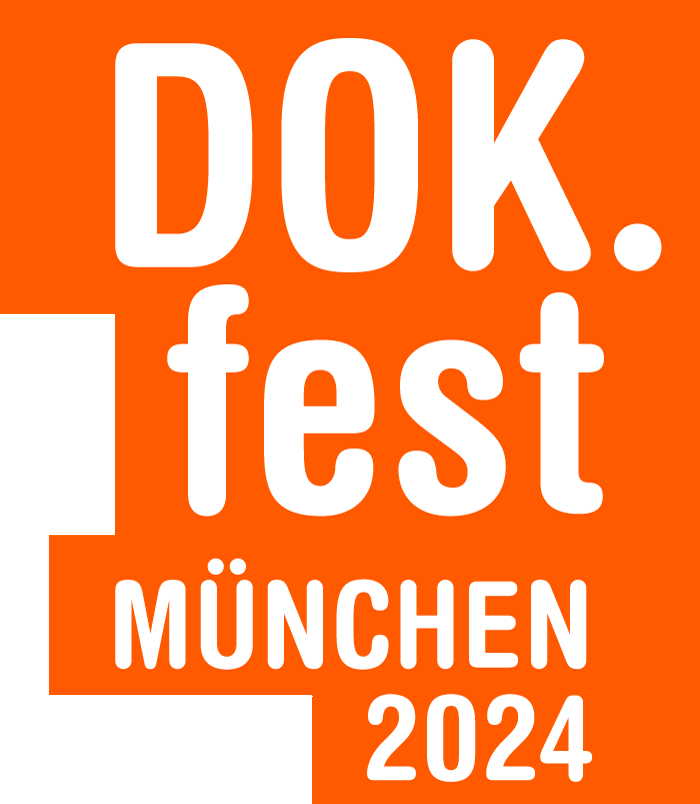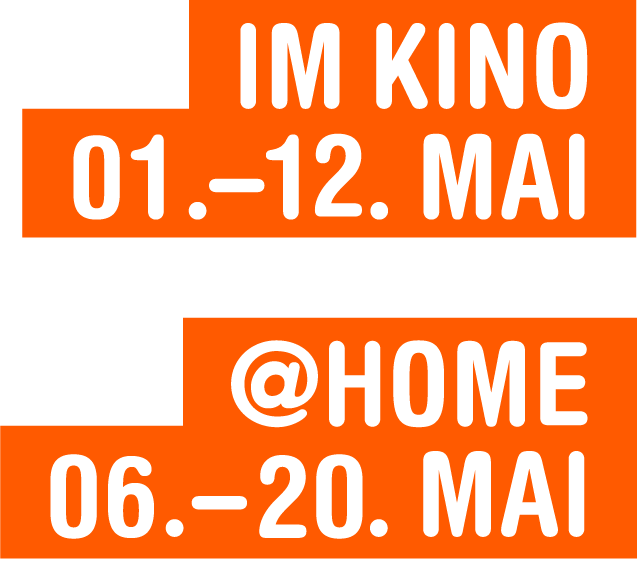Close up
A cinematic journey to Israel and Palestine. Free admission
2018 feiert Israel seinen 70. Jahrestag. Seit der Gründung ist das Land nie zur Ruhe gekommen. Kriege, Aufstände, Terror, gescheiterte Friedensprozesse prägen seine Geschichte. Jede Reise führt in den emotional aufgeladenen israelisch-palästinensischen Konflikt, der den Beobachter, zumal den deutschen, widerstrebenden Eindrücken und Erfahrungen aussetzt.
Sechs Nahaufnahmen sind im Close-Up gebündelt: In DEAD NEIGHBOURHOOD birgt ein Melting Pot vor den Toren Tel Avivs Spannungspotential; Während der Innovationsmarkt in Tel Aviv schon lange boomt, beobachten wir in ZUKUNFT IM HEILIGEN LAND die Entstehung eines palästinensischen Silicon Valleys in Ramallah. Wie sich Israel durch die russischen Einwanderungswellen verändert hat, erzählt SHALOM ROSSIJA. Ein Soldat erschießt einen Attentäter. DER FALL ELOR ASARIA zeigt eine Spaltung der Gesellschaft: Ist der Soldat ein Held oder ein Mörder? KRIEG IM FRIEDEN setzt sich mit kritischen Stimmen zum israelischen Militär auseinander – und mit der Kritik an der Kritik. In einem kleinen Café in Tel Avivs lebendigem Flohmarkt-Viertel Jaffa lässt schließlich PUUAS ERBE all die Widersprüche auf Gemeinsamkeiten treffen.
Moderation: Prof. Claus Richter und Madeleine Müller
DEAD NEIGHBOURHOOD?
Regie und Kamera: Pius Neumeier, ca. 20 Min.
Only 15 minutes away from Tel Aviv, lies Lod – a mixed city, where Jews, Arabs, religious, secular live at one neihbourhood. Amidst the past and the present, between beauty and distress, social activists are trying to create an atmosphere of shared coexistence. „Dead neighbourhood“ portraits the history, the problems and possibilities of this unique place in Israel.
DER FALL ELOR ASARIA
Regie: Korbinian Kalleder, Kamera: Puis Neumeier, ca. 42 Min.
A chronicle of the Hebron shooting incident and the fall of soldier Elor Azaria, whose manslaughter trial exposed the extent of Israel’s struggle with its occupation army, revealing a divided nation.
KRIEG IM FRIEDEN
Regie und Kamera: Marina Hufnagel, ca. 20 Min.
For the last 50 years Israel has been an occupying country. But instead of being part of it, some Israelis refuse to join the military. Others search for ways to break their silence and tell the truth about what happened in the occupied territories - combined in the hope to find a solution for peace in the region.
PUUAS ERBE
Regie: Andreas Günther, Kamera: M. Hufnagel, P. Neumaier, M. Reber, D. Kuschev,
- 12 Min.
The Restaurant Cafe Puaa is the heart of the Fleemarket Area in Jaffa, Tel Aviv. The philanthropic founder Puaa Ladijensky left her footprint in the neighbourhood after she passed away in 2015. The movie focusses the positive aspects of Israel. Because it is also part of the truth.
SHALOM ROSSIJA
Regie: Daria Kuschev, Kamera: D. Kuschev, M. Hufnagel, ca. 20 Min.
Already before the founding of the state of Israel, Russian immigration had an enormous influence. Today every fifth Israeli speaks Russian. The artist Zoay Cherkassky tells in her pictures the stories of immigrants.
ZUKUNFT IM HEILIGEN LAND
Regie: Michael Reber, Kamera: M. Hufnagel, D. Kuschev, M. Reber, ca. 15 Min.
The start-up metropolis Tel-Aviv is world-famous and admired, but what made the city on the Mediterranean so attractive for young developers and entrepreneurs? At the same time in the West Bank, a second, much smaller but more impressive city of innovation is growing up: Ramallah.
In Kooperation mit HFF München – Bereich Fernsehjournalismus
![]()


















